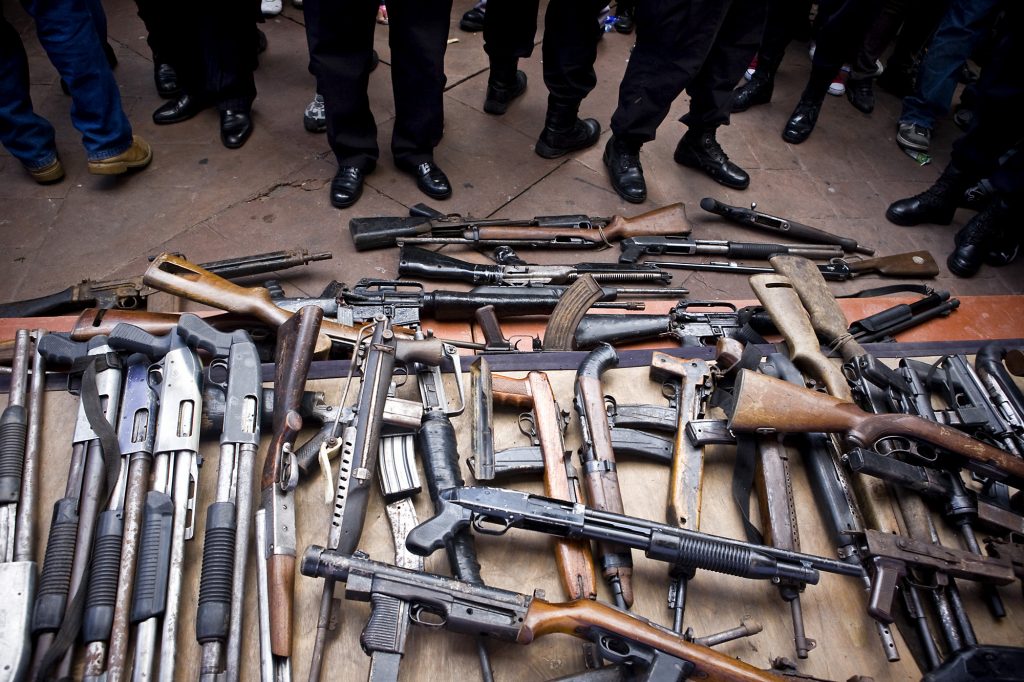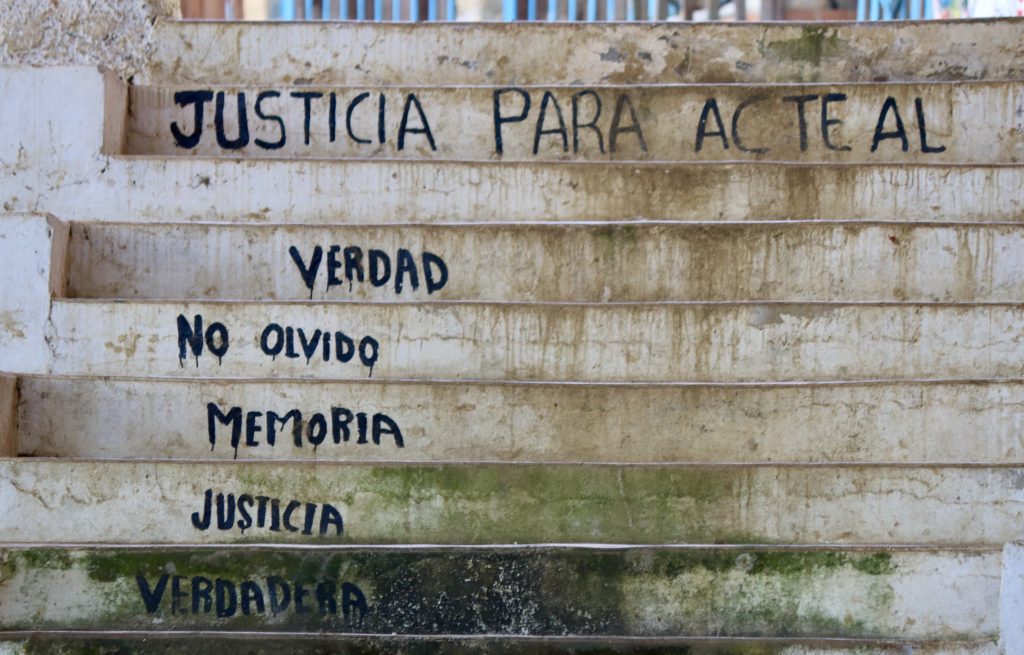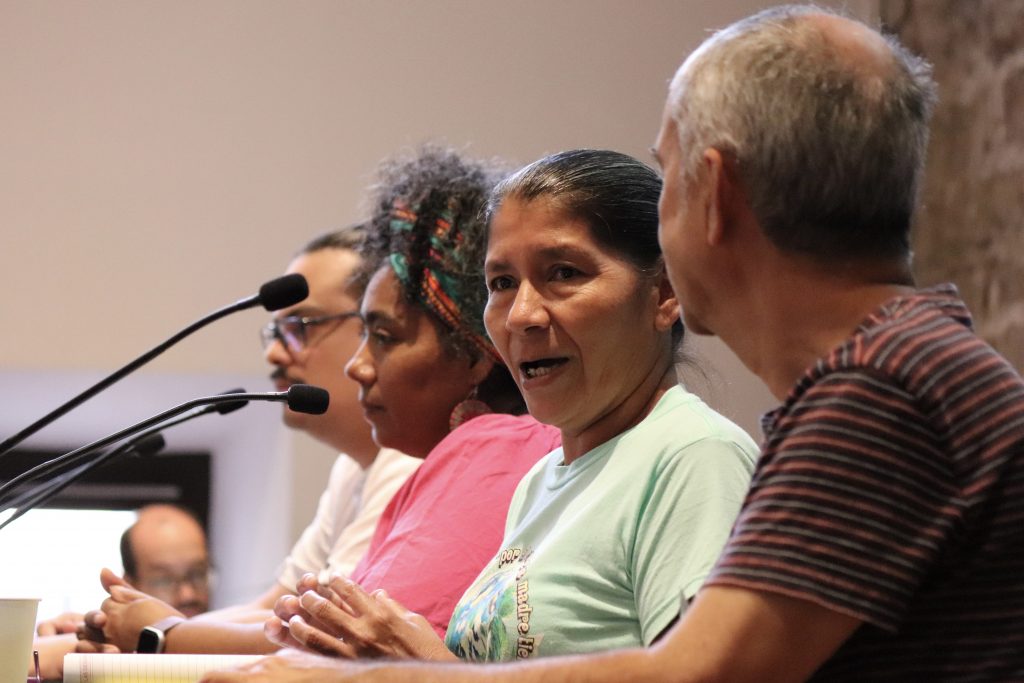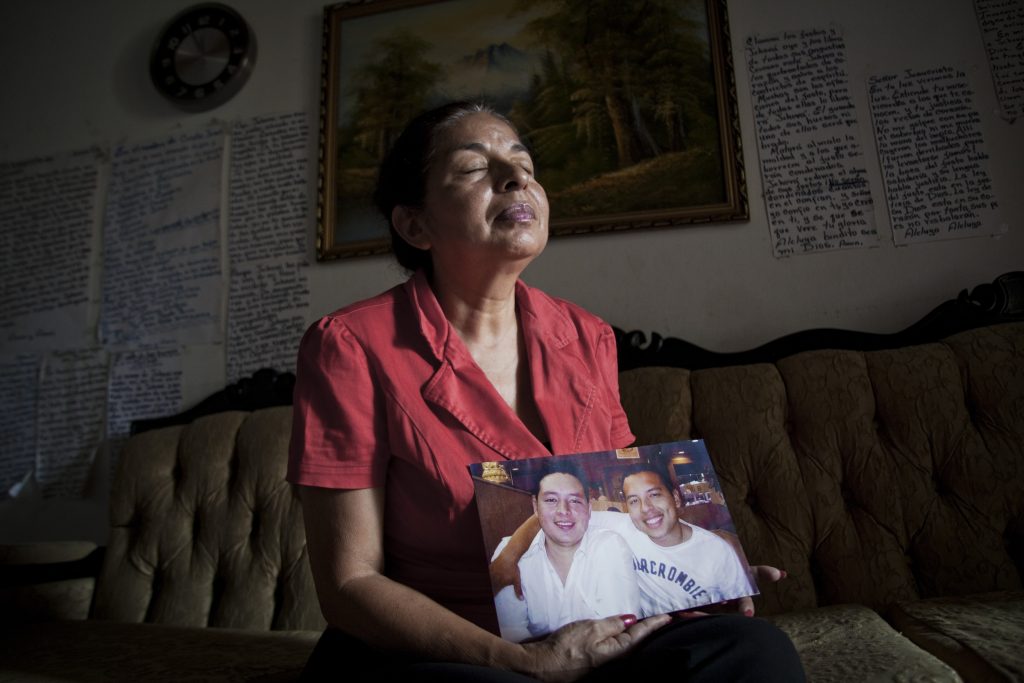Violence in Non-war Settings
For some years now, and despite the outbreak of new wars, the number of violent deaths in situations “outside of war contexts” exceeds the number of fatalities in armed conflicts. However, these are situations that receive relatively little international attention.
Homicides are undoubtedly the most visible expression of a wide range of direct violence that also includes disappearances and forced displacements, extortion, threats and attacks against people who defend human rights and the environment, etc. They are chronic violence – with an extraordinary gender impact – that is intimately linked to structural and cultural violence.
At ICIP, we recognize the importance of a peacebuilding perspective in addressing these issues. This perspective, which moves away from repressive logic and militarization of public security, necessitates a rethinking and adaptation of methodological and conceptual tools. We also understand the value of identifying and learning from local initiatives that advocate for social and political transformation, promote a culture of peace and human rights, and build community. By facilitating the circulation of knowledge between social, academic, and institutional actors, we can foster collaboration and strengthen our collective efforts.
Despite having a global vision, the area currently focuses on two specific geographic contexts: Mexico and Central America. At the same time, work is being done to deepen the role of collectives as agents of peacebuilding, including families of disappeared people who seek truth, justice, reparation, and guarantees of non-repetition.




